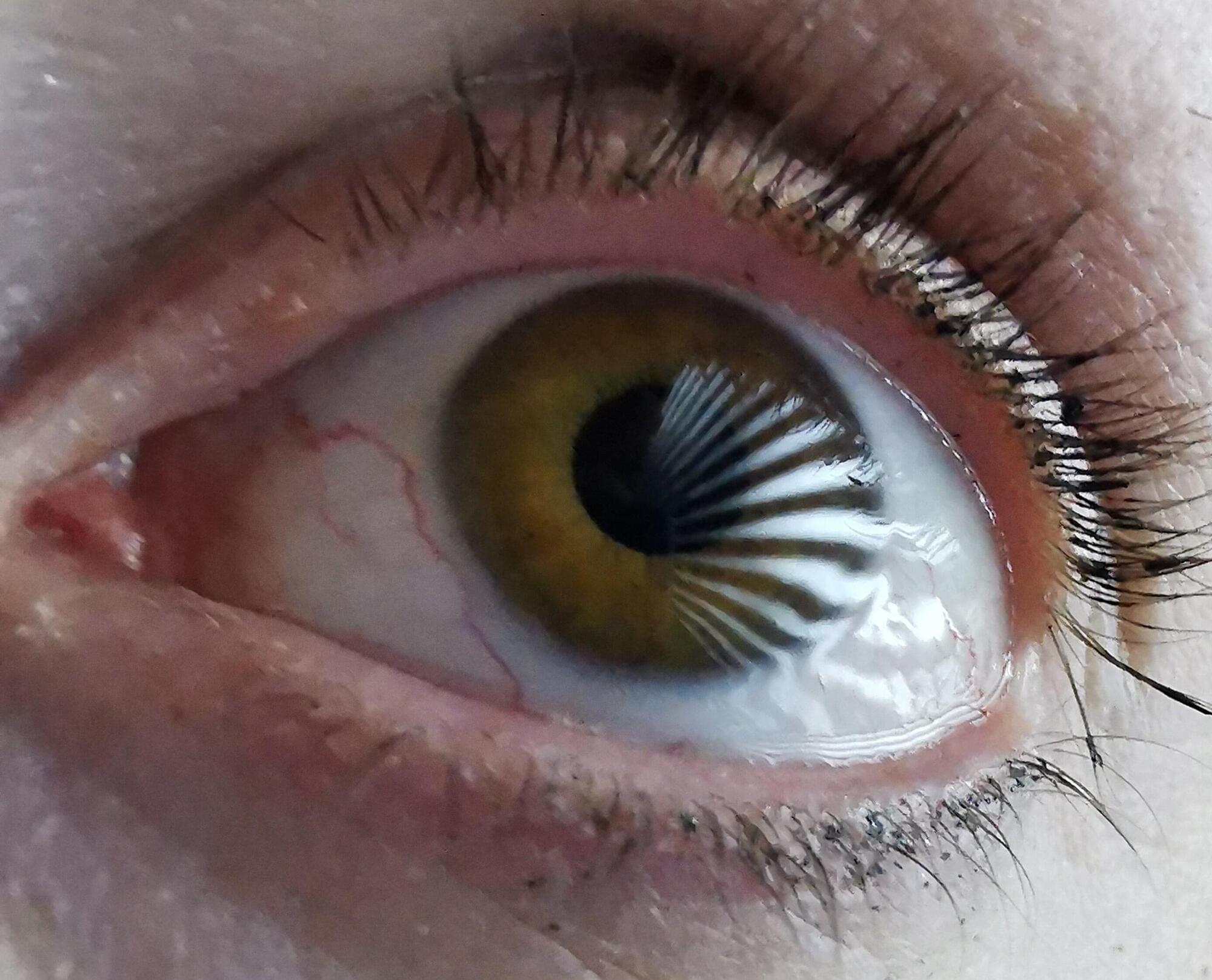Eye tracking plays a critical role in the latest virtual and augmented reality headsets and is an important technology in the entertainment industry, scientific research, medical and behavioral sciences, automotive driving assistance and industrial engineering. Tracking the movements of the human eye with high accuracy, however, is a daunting challenge.
Researchers at the University of Arizona Wyant College of Optical Sciences have now demonstrated an innovative approach that could revolutionize eye-tracking applications.
Their study, published in Nature Communications, finds that integrating a powerful 3D imaging technique known as deflectometry with advanced computation has the potential to significantly improve state-of-the-art eye tracking technology.
